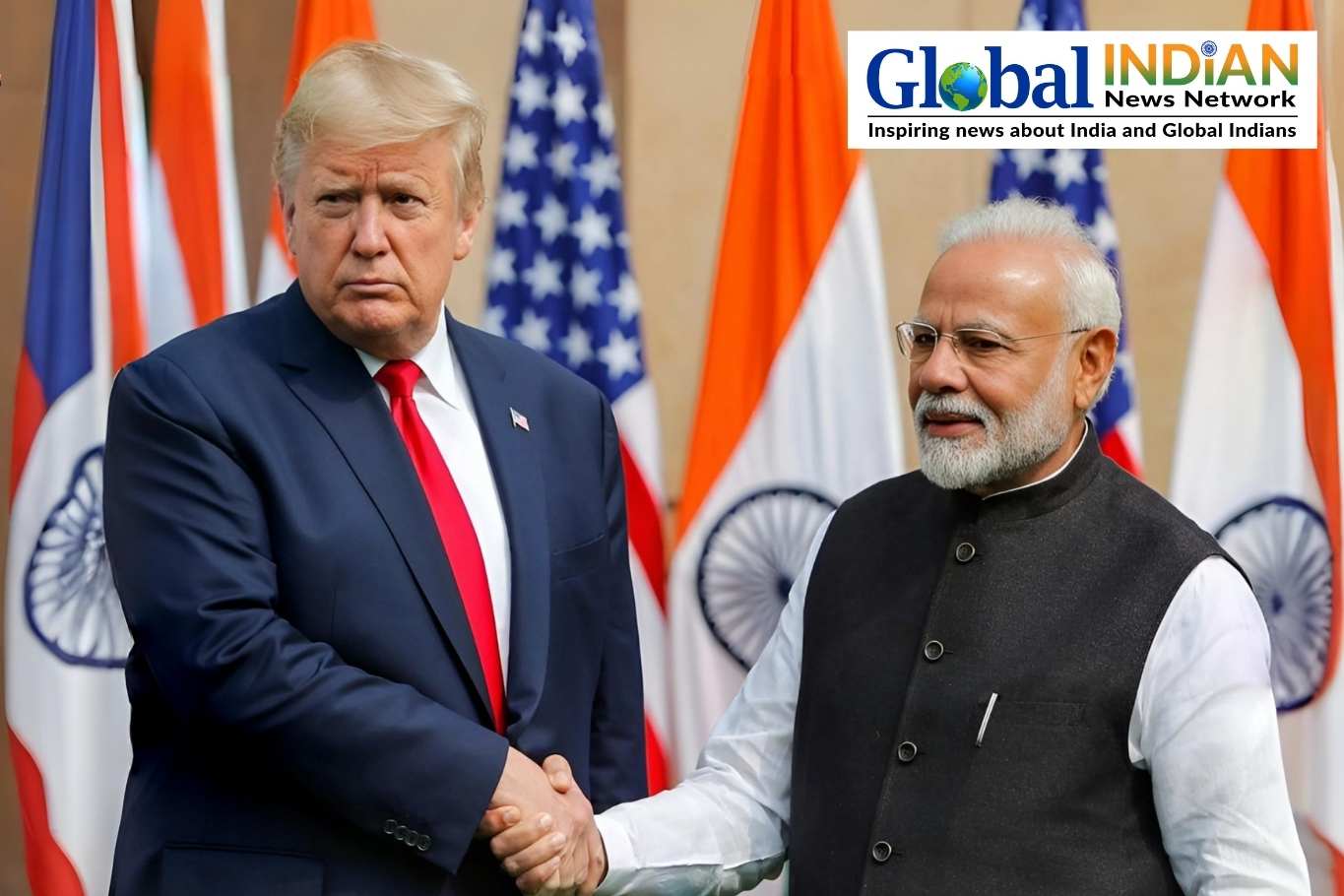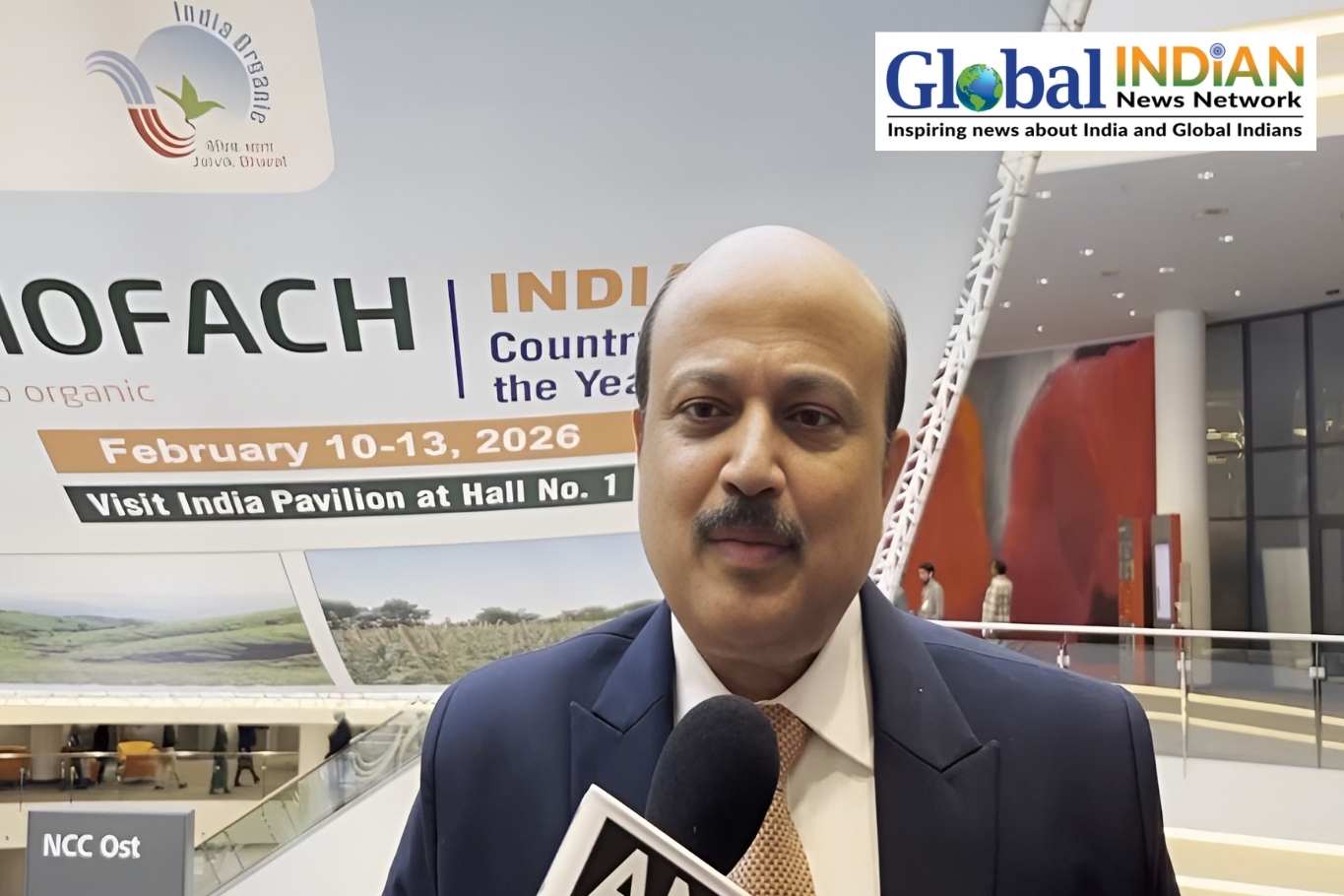
Congressman Shri Thanedar, an Indian-American from Michigan, has introduced a groundbreaking bill, HR 9023, known as the Keep STEM Graduates in America Act. This proposed legislation could transform the H-1B visa system by increasing the annual visa cap and simplifying the application process, potentially offering significant benefits to Indian and international students alike.
The Keep STEM Graduates in America Act is designed to address the challenges faced by graduates in science, technology, engineering, and mathematics (STEM) fields. By making it easier for these skilled individuals to stay and work in the US, the bill aims to enhance the country’s talent pool and foster innovation.
Currently, the H-1B visa, which allows US employers to hire foreign workers with specialized skills, has a cap of 65,000 visas per year. The proposed bill seeks to raise this limit, streamline the application process, and introduce more flexible extension policies. These changes are intended to provide graduates with ample time to secure employment and establish themselves in their careers.
The complexities of the existing H-1B visa system often force talented international students to leave the US after graduation. By easing these constraints, the US can retain their expertise and benefit from their contributions. Indian tech professionals, who represent a significant portion of H-1B applicants, are expected to gain substantially from this proposed legislation.
Support for the bill has been enthusiastic among Indian-American groups. The Foundation for India and Indian Diaspora Studies (FIIDS) has praised Congressman Thanedar’s efforts to extend Optional Practical Training, allowing graduates more time to find suitable employment before applying for an H-1B visa.
Congressman Thanedar believes this bill is a step toward creating a more equitable and robust economy. He stated, “This bill is part of a broader effort to build a fairer world and a stronger economy that benefits all Americans and Michiganders.”









